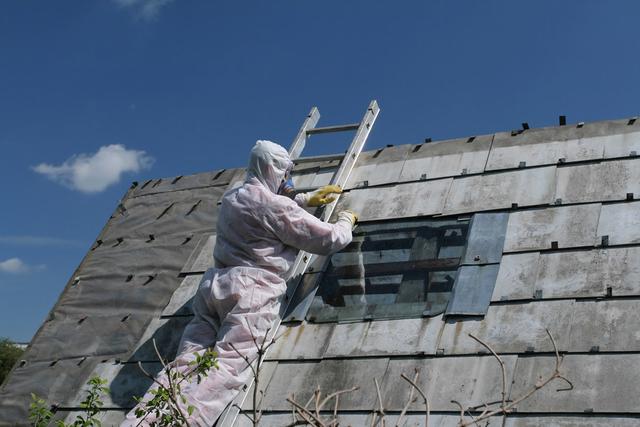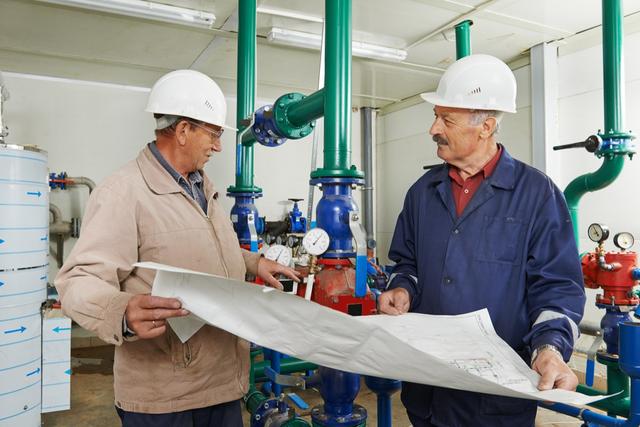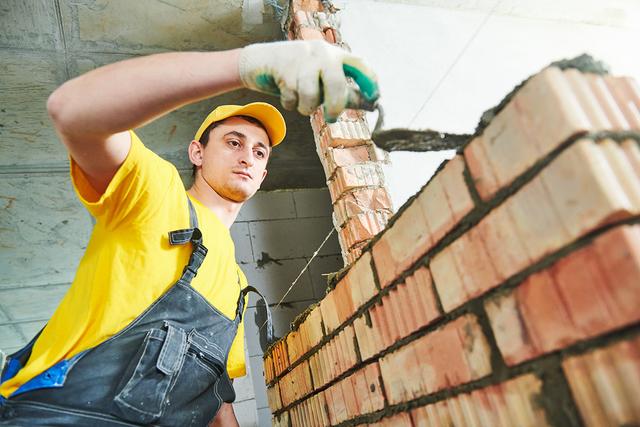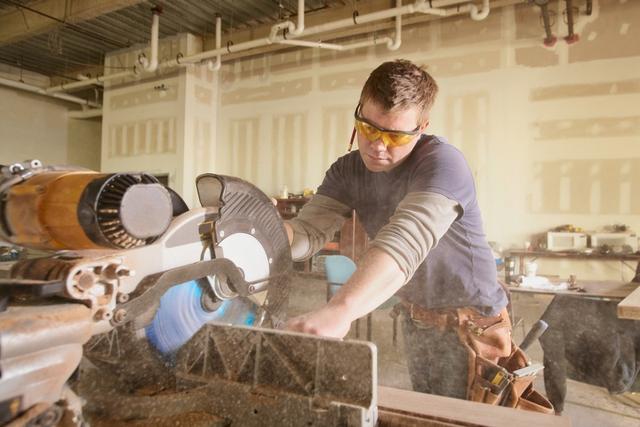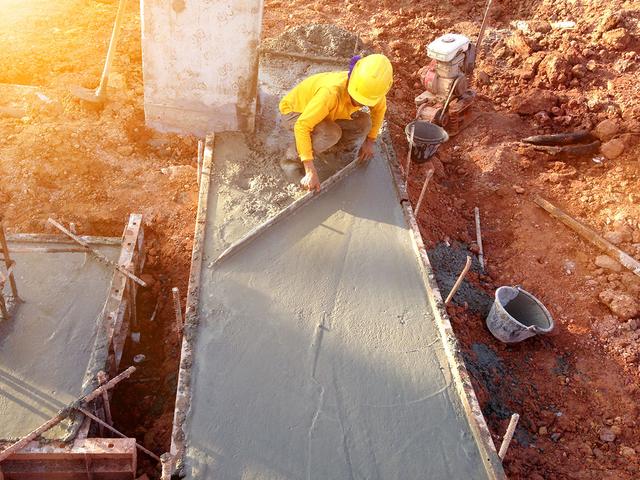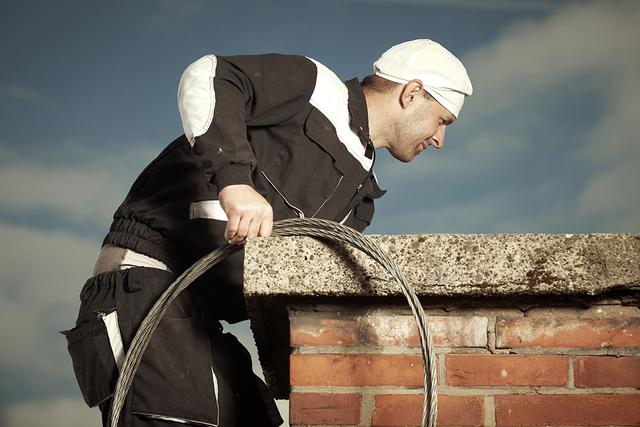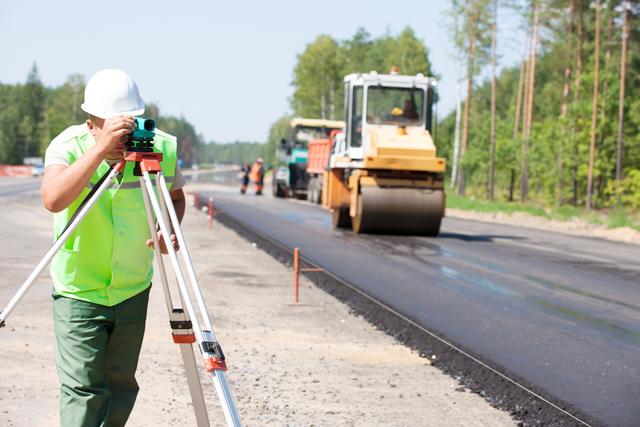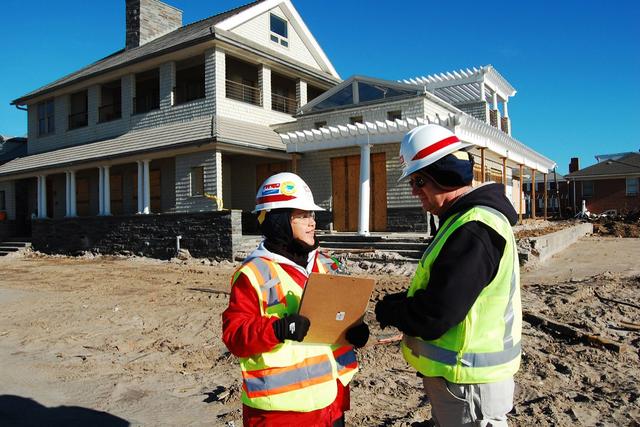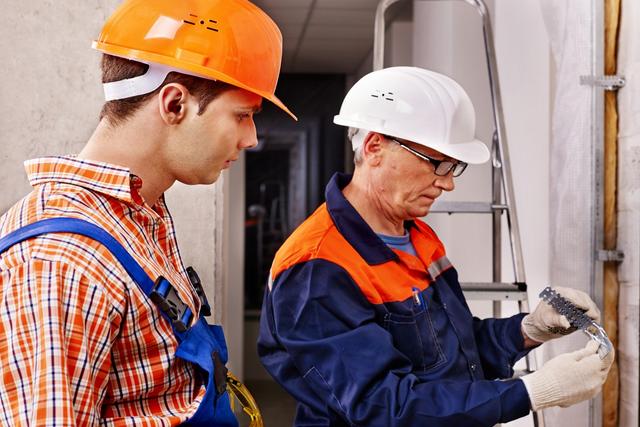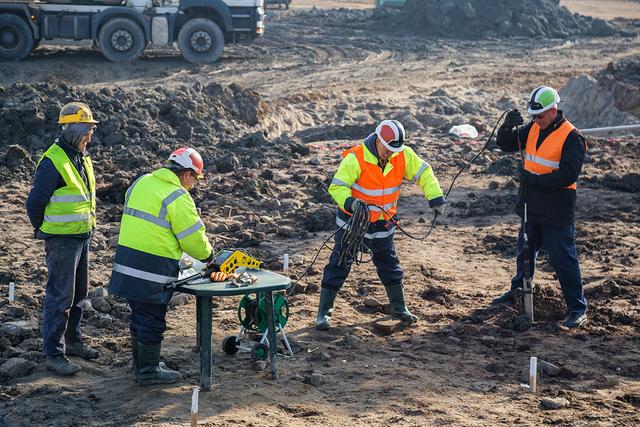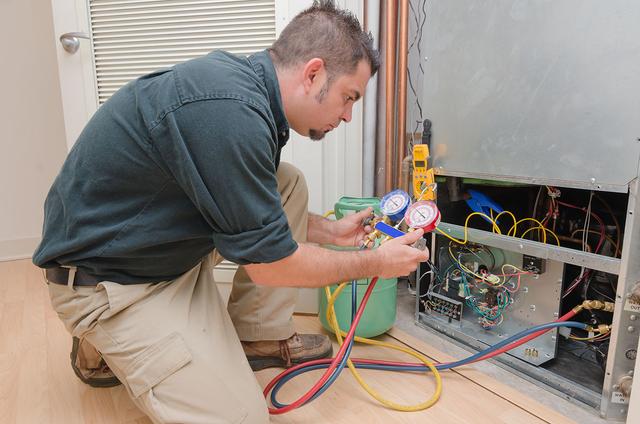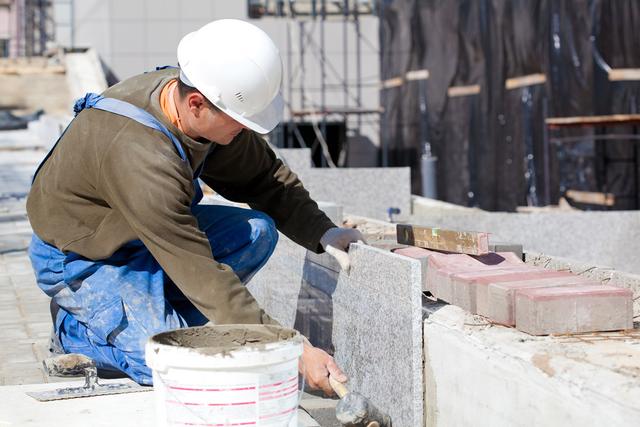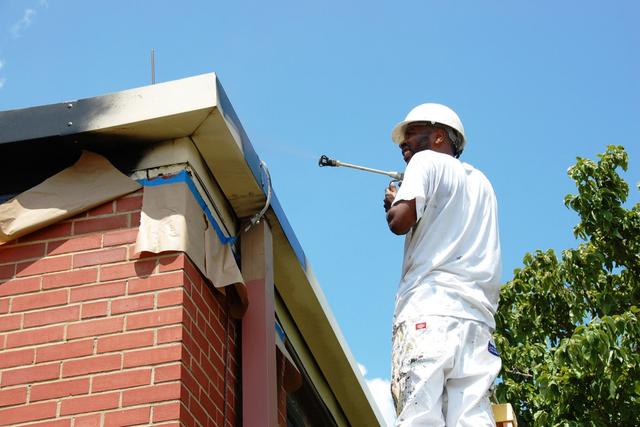Plasterers
Overview

Introduction
Plasterers apply coats of plaster to interior walls, ceilings, and partitions of buildings to produce fire-resistant and relatively soundproof surfaces. They also work on exterior building surfaces and do ornamental forming and casting work. Their work is similar to that of drywall workers, who use drywall rather than plaster to build interior walls and ceilings. Plasterers who specialize in exterior plastering are known as stucco masons. There are approximately 27,360 plasterers and stucco masons employed in the United Sta...
Quick Facts
Median Salary
Employment Prospects
Minimum Education Level
Experience
Skills
Personality Traits
Earnings
The median earnings for plasterers were $45,440 in May 2019, according to the U.S. Department of Labor. Earnings ranged from less than $29,360 to more than $78,980. Plasterers may receive traditional fringe benefits, such as health insurance and paid vacation days.
Work Environment
Most plasterers have a regular 40-hour workweek with occasional overtime when necessary to meet a contract deadline. Overtime work is usually compensated at the rate of one and a half times the regular hourly wage. The workday may start earlier than most (7:00 A.M.), but it also usually ends earlier (3:00 P.M.). Some plasterers face layoffs between jobs, while othe...
Outlook
Employment opportunities for plasterers and stucco masons are expected to grow at an average rate through 2028, according to the U.S. Department of Labor. Recent improvements in plastering materials and application methods have created more work for plasterers. To name a few such developments: more lightweight plasters are being used because of excellent soundproofing and acoustical qualities; ...

